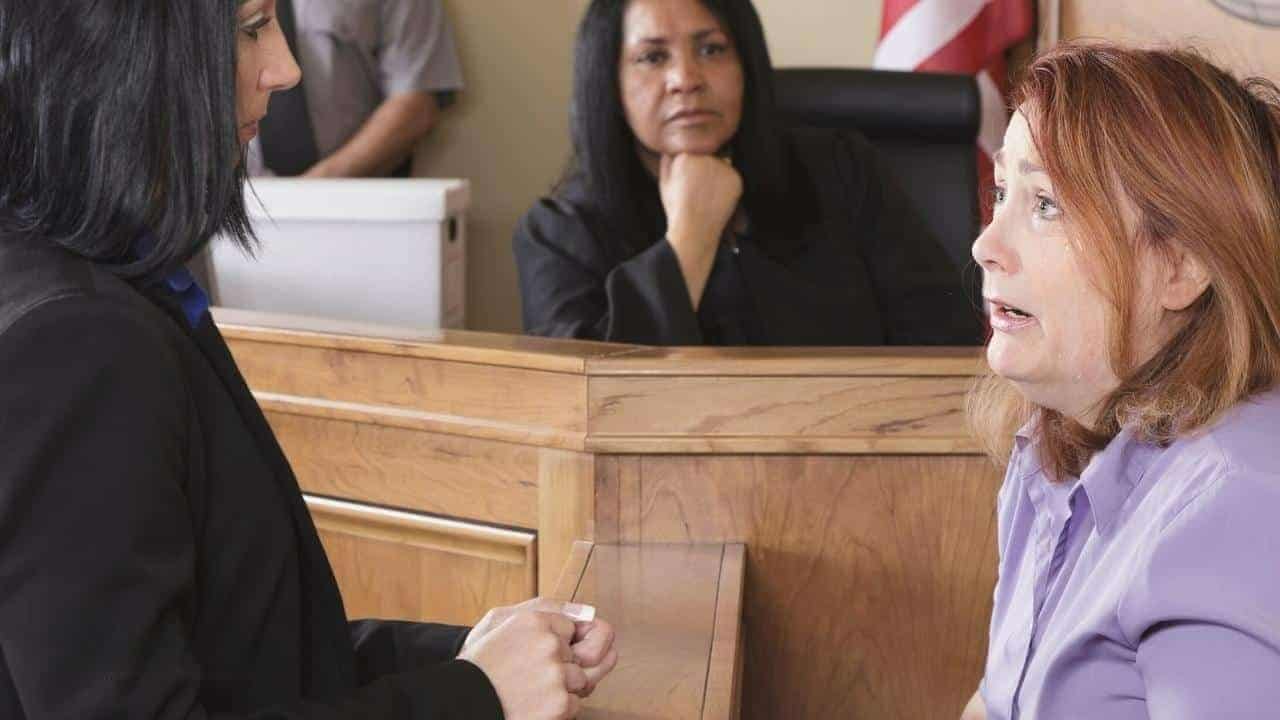A complex divorce is a divorce that deals with complex issues like child custody, one or more of the parties holding a business interest, or perhaps there are significant debts. Typically, a complex divorce utilizes professionals in other fields other than domestic relations. Essentially, any case where the answer to the problem is not always readily clear without some form of litigation.
How Do You Know If You Have a Complex Divorce?
Anytime you need to go to court to litigate an issue in your case, it is typically called a complex divorce. It might be a new and novel problem or a problem where the answer is not immediately known.
Can Child-Related Issues Be Deemed Complex?
Of course. If you have an issue related to parenting time, wherein you seek to have the other parent’s parenting time supervised or restricted in some way, your case just became complex. It is unlikely that the other parent will willingly agree to supervised parenting time so when you make that an issue, the case just became more complicated. A complex child custody case likely will require parenting coordinators, parenting coaches and custody evaluators. You will need an experienced trial attorney as well, someone who is used to working with these types of professions.
Complex Divorce Cases Revolving Around the Marital Estate
If you or both you and your spouse have a business, you might need an evaluation of the business to determine if it will be considered marital property or not. Some questions to consider:
- Will you have to share any of the profits of the business with your spouse?
- Will the business need to be sold or broken up in some way so that it can be divided?
If the answer is yes to either question, you might need a forensic accountant or a business evaluator.
Not everyone in the marriage is savvy as to what is in the marital estate. Some cases involve parties who travel internationally and invest internationally. Typically, any case where one of the spouses earns quite a bit of money moves the case into the complex arena, since we are usually looking at maintenance issues and disproportionate shares of the marital estate. Your case will be complicated simply because you have other professionals offering their expert opinions on either finding assets or how to divide them.
How Can I Protect My Assets in a Complex Divorce in Chicago?
First, if you have high-value assets, you should always be looking at a prenuptial agreement before the marriage. If you start a business after the marriage, consider a post-nuptial agreement to make sure you safeguard it. A prenuptial agreement is really the best way to protect assets should you be involved in a complex divorce.
The other most important thing you should be looking for is an experienced divorce attorney in Chicago who has litigated these matters before. When you hire an attorney, ask about their experience litigating business interests or child custody disputes. You don’t want an attorney who is practicing real estate, personal injury, and estate planning along with divorce cases. Divorce and child custody cases are unique and complicated, and you want an attorney who spends all their time in those courtrooms. Those attorneys will know the custody evaluators, the judges, and their clerks. It is important to know who the players are, and you cannot do that if you are practicing in multiple areas of the law.
Divorces Involving an Inheritance
Some cases deal with an inheritance issue, and you may need the help of other outside professionals. Was it really an inheritance, or a gift to the marriage? Is the property the separate property of just your spouse, or was there an intention to give the house to both parties, to the marriage itself? Sometimes you will need to take depositions of witnesses as well. Are there issues in your case of non-vested business ownership and support? Inherited businesses are always a bit tricky since the passing of the business from a parent to their child will be something that families will want to keep intact.
How Are Complicated Issues Resolved?
The divorce discovery process is where you would start. You’ll want to see all the banking records and the credit cards. You will look closely at transfers of money and influxes of cash. You will want to know where that went and how much money was spent.
After you’ve accumulated all the documentation, experts will generally weigh in on specific topics. It is not uncommon to have more than one expert opining on different aspects of your case. Forensic accountants and other financial experts will help trace assets and discover if your spouse has been dissipating the marital estate. A forensic accountant may also be helping your attorney properly categorize assets for distribution.
Because My Case is Complex, Will I Have to go to Trial?
No. But building your case is always necessary. You need to know all the facts so you can negotiate appropriately. When you have all the necessary information about an asset you are dividing, most times the issues can be negotiated, and you can avoid a trial. Or the division of the asset may go to mediation.
Is Divorce Mediation Really An Option?
Of course. Just because your case is complex doesn’t mean it has to be heavily litigated. Both sides may agree that a custody evaluator needs to be hired, or a business evaluator. Both sides will want to know the value of their asset. Once you have all the facts about an issue, mediation is a good avenue since you can both sit with a trained professional and work out a compromise. Couples often have trouble compromising on their own, since emotions run high, but a professional mediator can keep both parties on track and avoid having the discussion wander into territory that does not benefit either one of them.
If Mediation or Negotiation Fails, Then What?
There are only two ways to conclude a divorce, by agreement or by trial. If you cannot reach a middle ground to settle a case, then a trial is your only option. Oftentimes, however, the judge will want to weigh in on the issue and the attorneys will be involved in a pretrial with the court. That is a setting where the attorneys sit with the judge in more of an informal setting, like the judge’s chambers, and discuss the case. The judge may have an idea of how a compromise could be reached and will share that with the attorneys. The attorneys then take the settlement proposal back to the clients, and the clients can either agree or disagree with the judge. If you disagree, then the trial should commence. Most cases reach a settlement prior to trial which will save you a lot of money.















